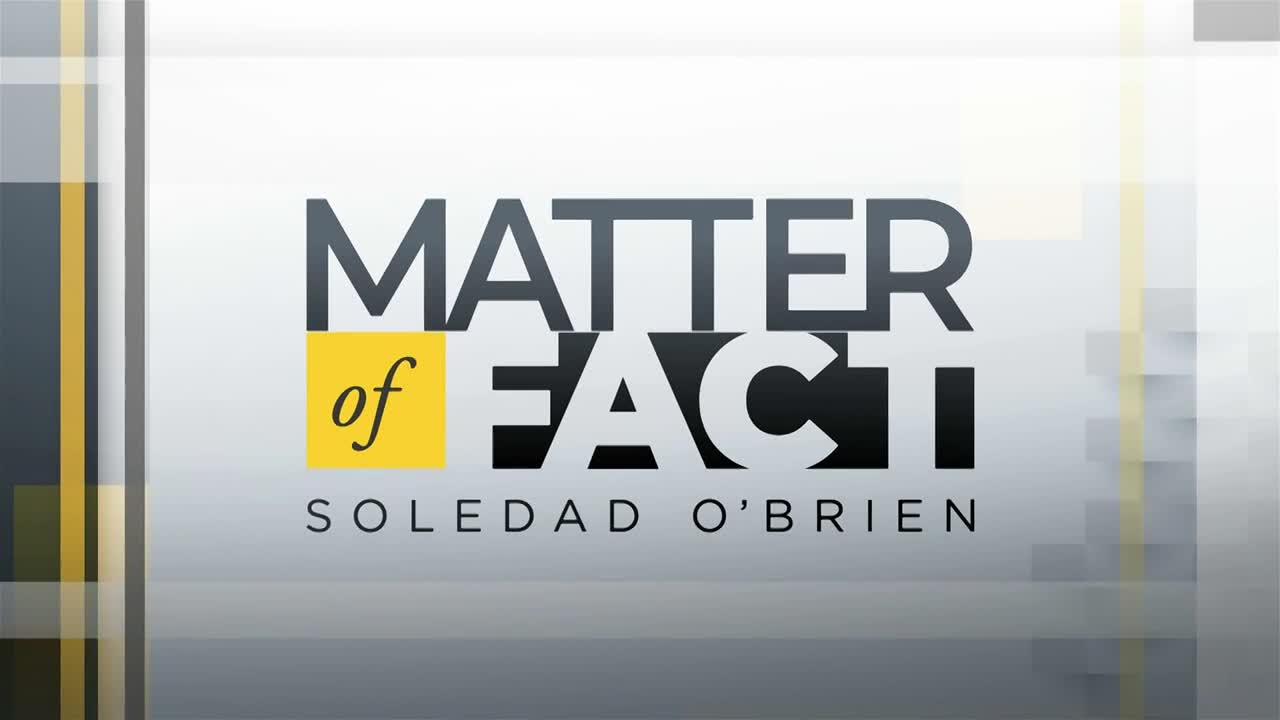
One in five Americans rely on rural hospitals for health care services. This week, we revisit a facility in rural Texas that’s one of hundreds fighting to keep their doors open. Plus, Soledad talks to Ilyasah Shabazz about her parents, Malcolm X and Dr. Betty Shabazz, and her family’s legacy. Then, a look at the work of Benjamin Banneker, one of the first cicada researchers. And, in the VIEWFINDER, we show you the Emancipation Heritage Trail being proposed in Texas.
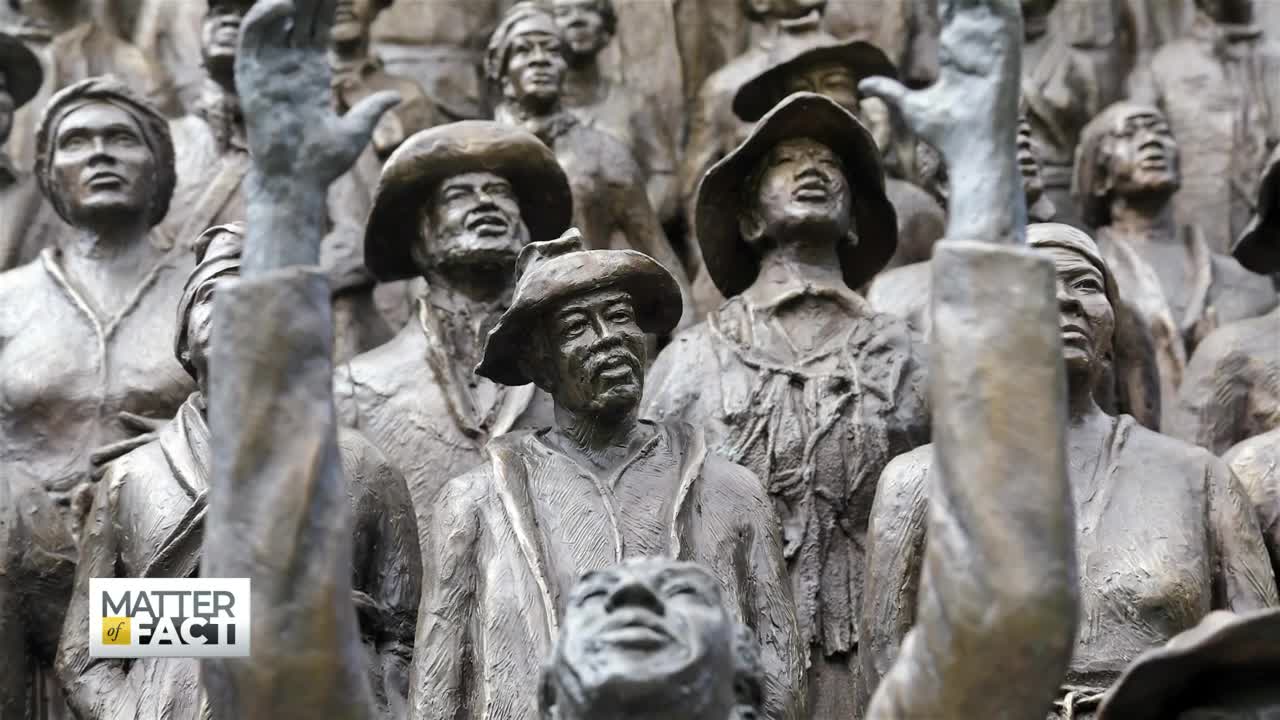
Juneteenth is now officially a federal holiday. It commemorates the beginning of freedom for Black Texans. Historians say it wasn’t until June 19, 1865 – two years after the Emancipation Proclamation – that news of the decree was spread across the state. In this week’s viewfinder, Houston Chronicle photographer Elizabeth Conley shows us the proposed Emancipation Trail.
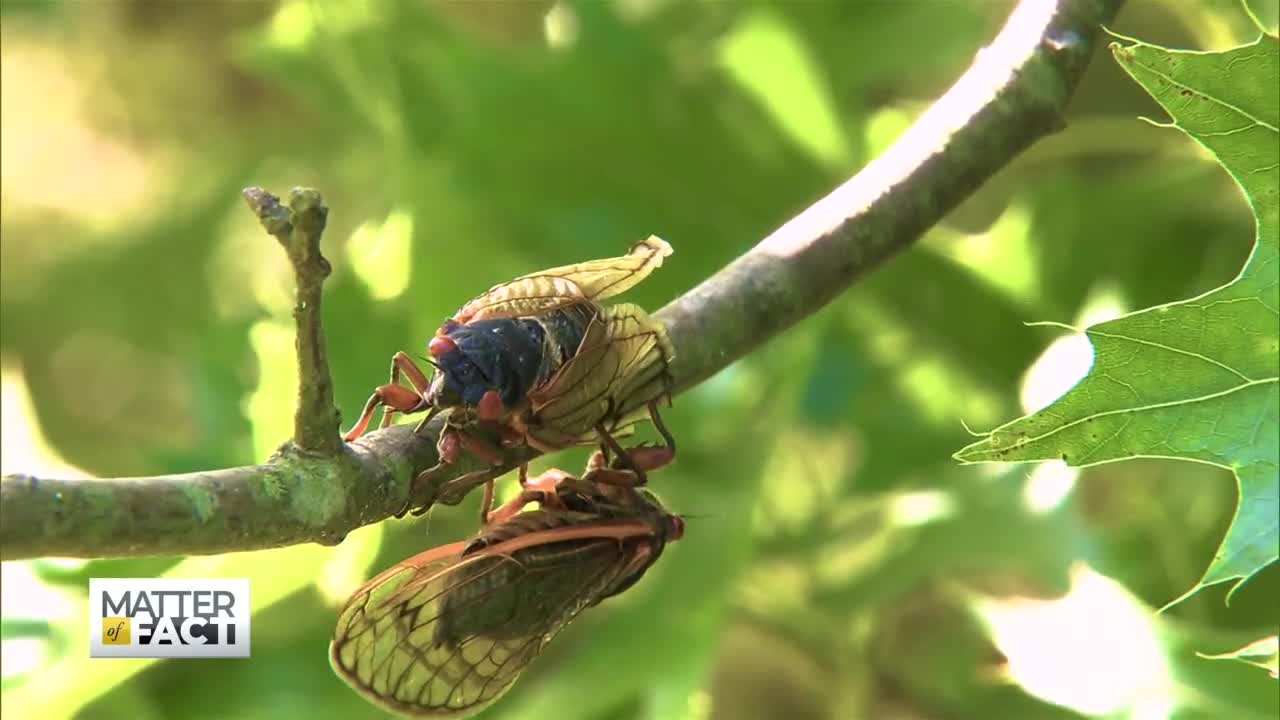
Over the last couple months, billions of buzzing cicadas have descended on more than a dozen states and Washington, D.C. It’s a once-in-17-year event that captures the attention of many subjected to their high-pitched droning. That includes astronomer, mathematician, and early cicada researcher Benjamin Banneker. As a freeman born 1731, he was also one of the first important African American intellectuals. But after studying their life cycles for five decades, much of his work has been overlooked. Special Correspondent Joie Chen takes a look at his discoveries and the continuing struggle for African American intellectuals to have their work recognized.

This week, we’re taking a closer look at child poverty in the U.S. Normally, parents would receive their child tax credit at the end of the year. But could receiving it in monthly installments help families struggling to put food on the table? A New Mexico family shares how this could be a lifeline for them. Soledad talks to New Mexico State Rep. Javier Martinez (D) about why he says the policy should be extended beyond this year. Plus, we’ve got a look at the history and possible future of the U.S. Postal Service. And, a forbidden love story in the middle of WWII. Soledad talks to Alexis Clark about her book, “Enemies in Love,” when a German solider in a POW camp fell in love with an African American nurse.

After more than a year of protesters putting racial inequality in the spotlight, this year’s Pulitzer Prize is honoring several books addressing Black history. That includes a biography titled “The Dead are Rising: The Life of Malcolm X.” It was written by the late investigative journalist Les Payne and finished by his daughter Tamara. After 30 years of research, Payne collected over 100 hours of interviews with people who knew Malcolm X, from classmates to family members. Soledad O’Brien recently sat down with author, activist, and educator Ilyasah Shabazz to talk about her parents, Malcolm X and Dr. Betty Shabazz, and her family’s legacy.
For more stories of identity, watch our Matter of Fact Listening Tour “To Be An American: Identity, Race and Justice.”
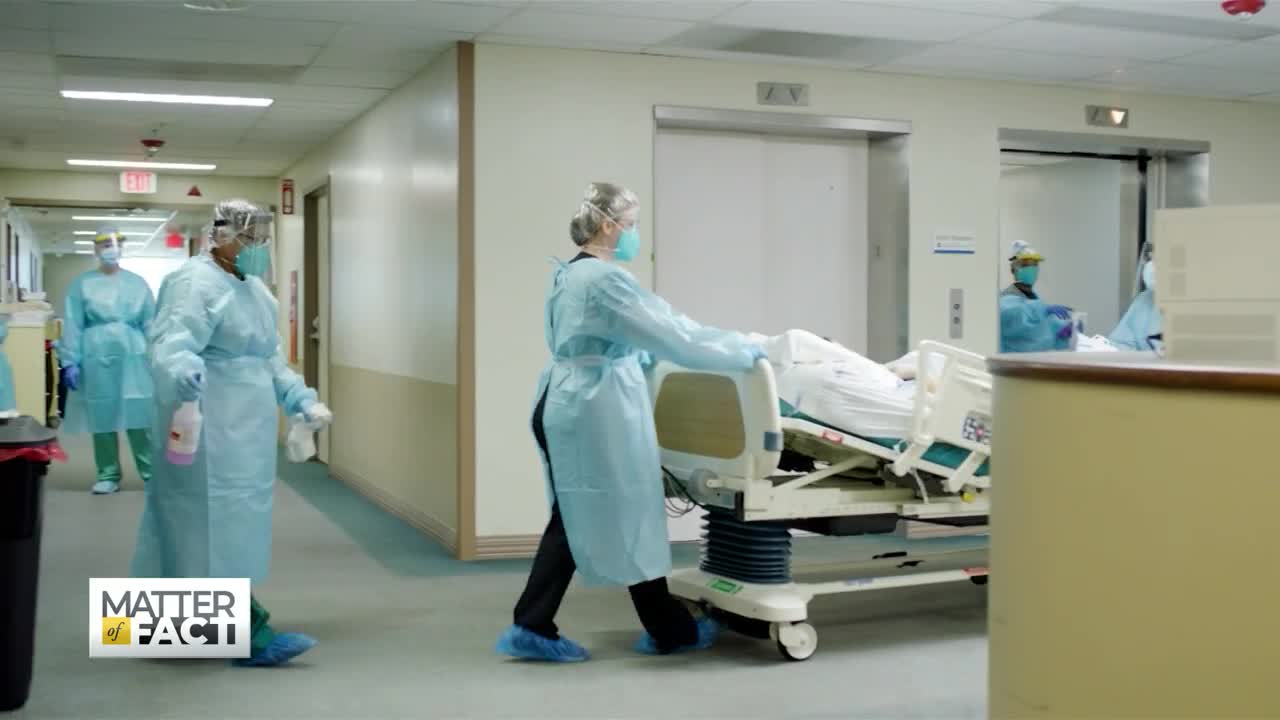
Hundreds of rural hospitals across the U.S. are fighting to keep their doors open. One in five Americans rely on them for health care, but about 450 are at risk of shutting down. Last August, Correspondent Jessica Gomez traveled to Texas to visit Titus Regional Medical Center, one of the many hospitals struggling to stay afloat. Soledad O’Brien checks in with CEO Terry Scoggin to see how the hospital is managing after facing the pandemic for more than a year.
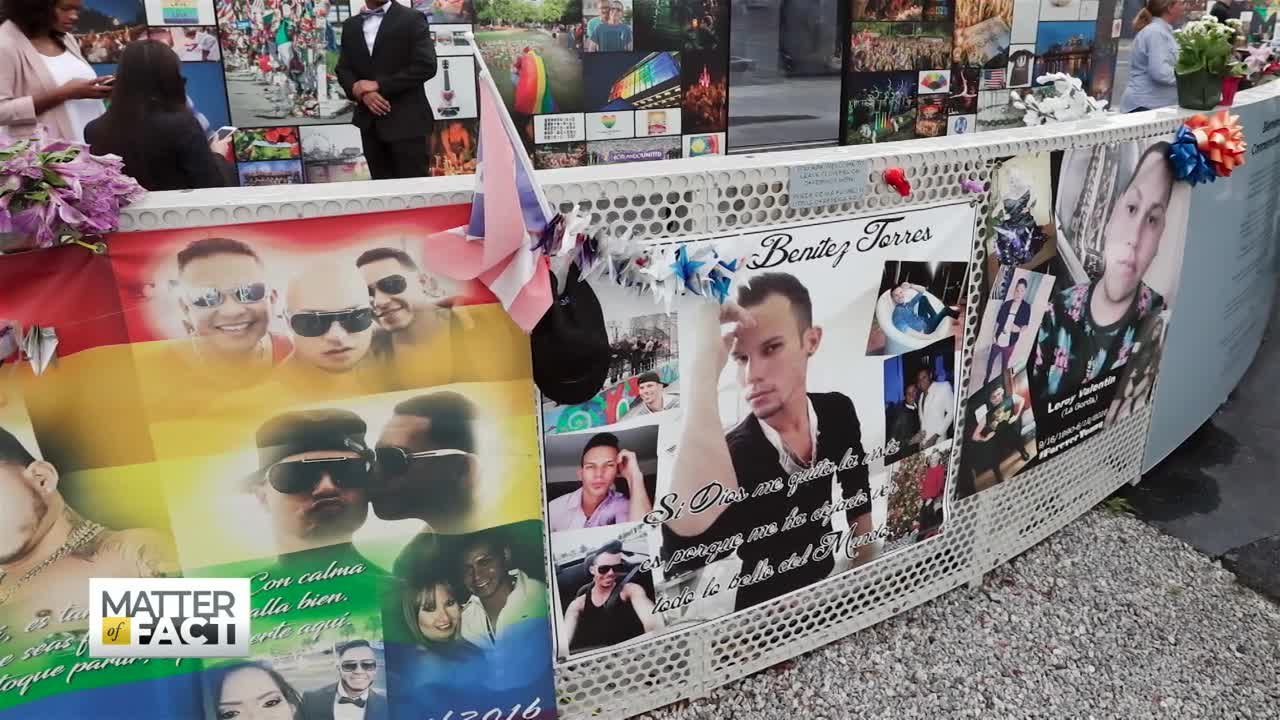
In 2016, Orlando saw one of deadliest mass shootings in U.S. history. A shooter entered Pulse nightclub, locked the doors and gunned down 49 people. Now, five years later, survivors along with their families and friends are honoring those they lost. See “Life after Pulse,” a special streaming event focused on the LGBTQ community’s fight for support and the journey toward healing.
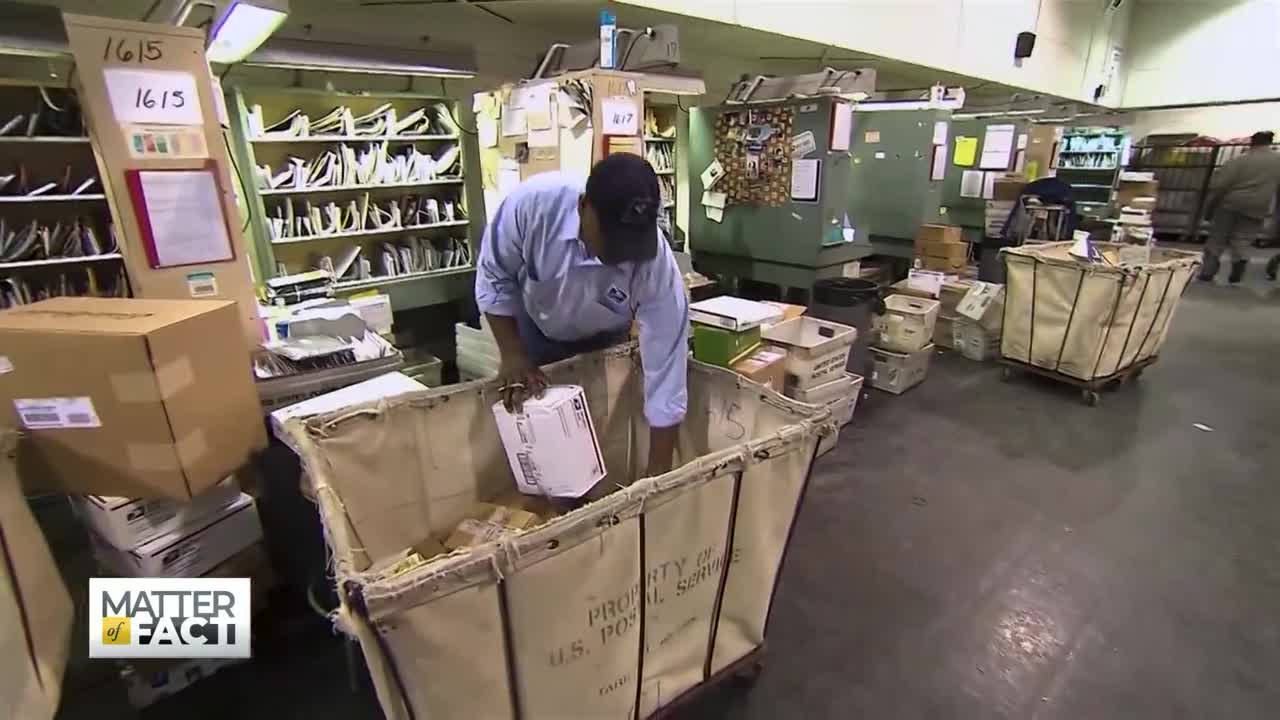
Congress could soon deliver on financial support for the U.S. Postal Service. A bipartisan bill would overhaul USPS finances, tighten regulations and revamp facilities. It’s a package that’s long overdue. The Postal Service has been in debt for more than a decade and much of the equipment is out of date. Special Contributor Joie Chen shows us the Post Office’s past and its possible future if it can’t get help.
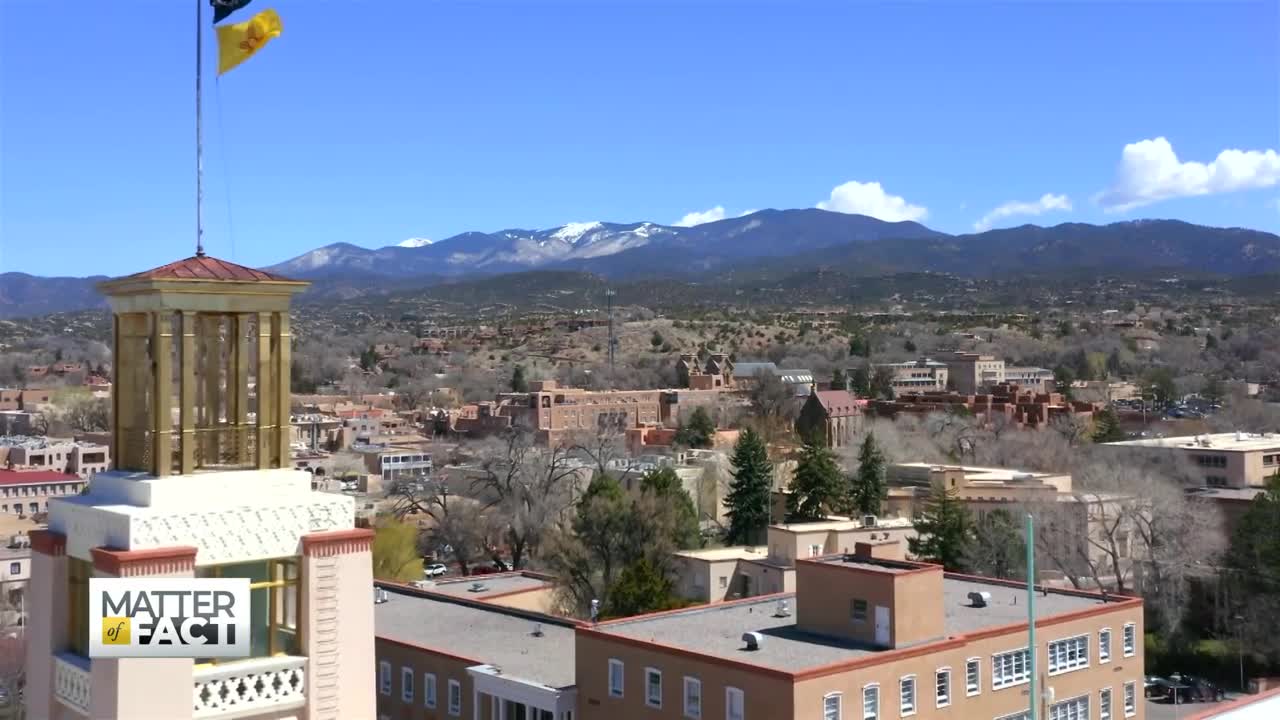
Starting mid-July, millions of American families could start receiving $300 a month per child. Those are direct payments from the child tax credit that normally would be given as a lump sum at at tax time. But those monthly checks are only scheduled to continue through the end of the year. Soledad O’Brien talks to New Mexico State Rep. Javier Martinez (D) who is an advocate for continuing the direct payments.
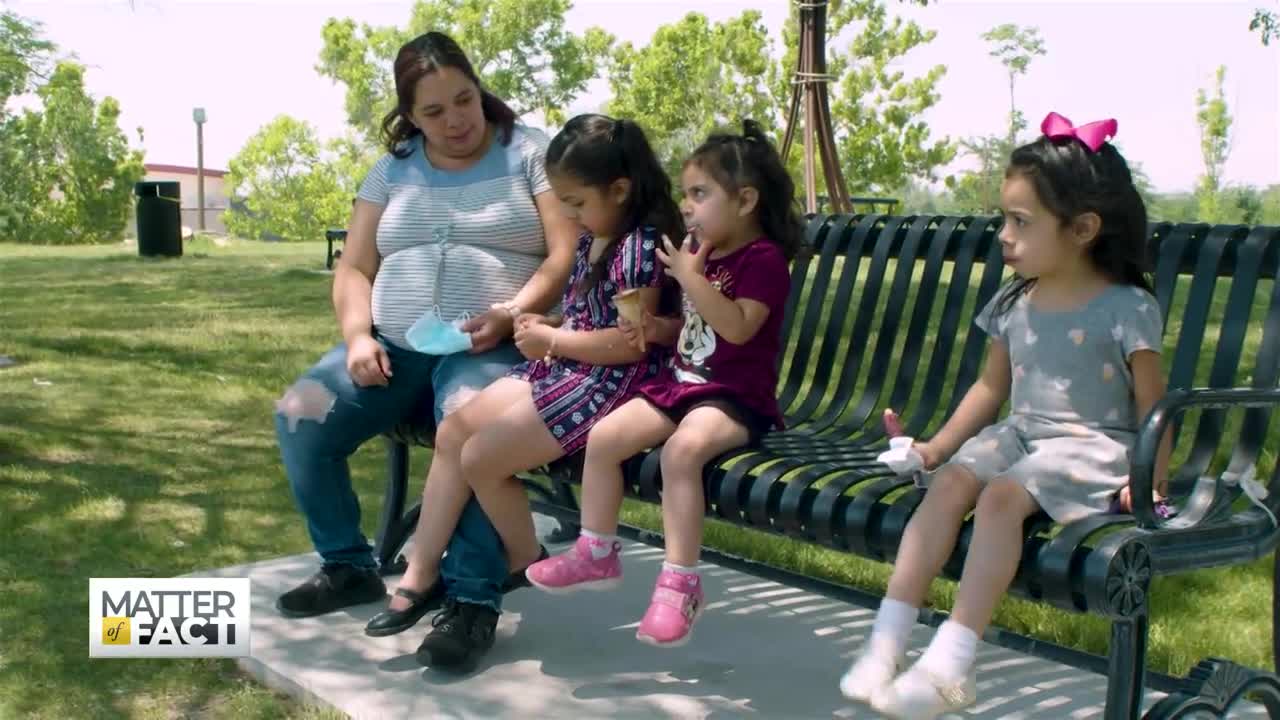
One in seven children in the U.S. are living in poverty. But help could soon be on the way for roughly 39 million households. Starting in July, many parents will be able to start collecting direct monthly payments from the child tax credit, instead of waiting until the end of the year. That could mean up to $300 per child each month, to use however they think is best. As a family in New Mexico tells us, that could be life changing for many.